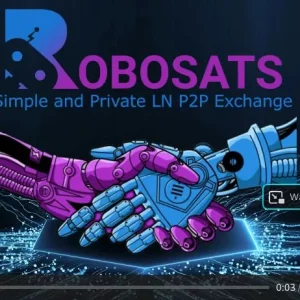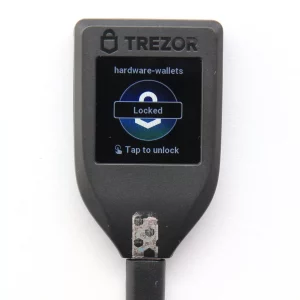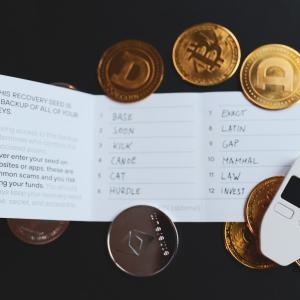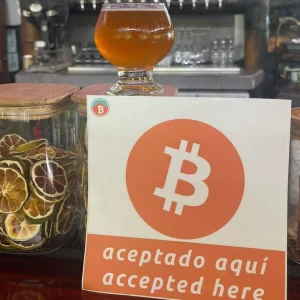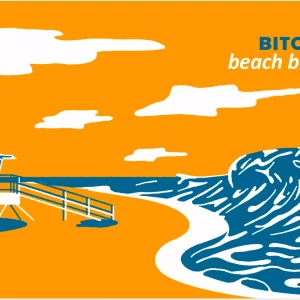Bitcoin escrow is a service that ensures the security of transactions involving bitcoin. In a typical escrow arrangement, a trusted third party holds the funds being transacted until certain preset conditions are met. This adds an extra degree of protection and confidence for both consumers and sellers.
Bitcoin escrow services are commonly used in peer-to-peer transactions where buyers and sellers interact directly. However, escrow services can also be used in other types of transactions, such as business-to-business (B2B) or business-to-consumer (B2C) scenarios. In these cases, an escrow service can provide a neutral intermediary to hold the funds until the transaction is completed satisfactorily.
How Bitcoin Escrow Works
While the overall concept remains the same, it’s important to note that different bitcoin escrow service providers may have variations in their specific processes. Here’s a general overview of how Bitcoin escrow transaction typically works:
In a typical Bitcoin escrow arrangement, both the buyer and the seller send their respective funds to the escrow wallet. This ensures that the funds from both parties are securely held by the escrow service until the transaction is completed or any specified conditions are met. Once the terms of the transaction are fulfilled, the escrow service releases the funds to the appropriate party. In cases where disputes arise, the escrow service acts as a mediator. They carefully review the evidence and information provided by both parties and work towards a fair resolution based on the terms agreed upon initially.
Benefits of Bitcoin Escrow
Bitcoin escrow services offer you several benefits. First and foremost, they enhance the security of your bitcoin transactions by securely holding funds until the predetermined conditions of the transaction are met. This mitigates the risk of fraud or unauthorized access to your funds.
Moreover, escrow services build trust and confidence between you as a buyer or seller. Acting as a neutral intermediary, they ensure fair and secure transactions while safeguarding your interests. This proves particularly valuable in situations where there may be limited trust between the involved parties.
In the event of a dispute, Bitcoin escrow services play a vital role in facilitating resolution. They act as impartial mediators, assisting in communication and negotiation between you and the buyer or seller to reach a satisfactory outcome that adheres to the transaction terms.
By using an escrow service, you also benefit from reduced risk. Your funds are released only when all agreed-upon conditions are met, mitigating the potential for non-payment or delivery issues. This protects you from possible losses or breaches of trust.
Finally, Bitcoin escrow services offer flexibility, accommodating various types of transactions. Whether it is a peer-to-peer exchange or a business transaction, escrow services provide you with a reliable mechanism for secure and trustworthy transactions.
Disadvantages of Bitcoin Escrow
Bitcoin escrow transactions do come with certain disadvantages that need to be considered. Firstly, there can be fees for using escrow services, which can increase the overall transaction cost. These fees vary depending on the chosen service provider and the specific terms of the escrow arrangement.
Another drawback to consider is the dependence on a third-party service provider, which introduces an element of reliance on their trustworthiness and competence. This necessitates investing additional effort in conducting thorough research to select a reputable escrow service.
Using an escrow service means relinquishing some control over the transaction process. The release of funds is dependent on meeting specific conditions, which may introduce delays or complications beyond your direct control.
For instance, let’s say you opt for Peach Bitcoin, a peer-to-peer exchange based in Europe, and encounter a situation where you have made a payment, but the seller fails to release the bitcoin as agreed. In such cases, even after successfully resolving the dispute in your favor, you might experience a waiting period of up to 30 days before the bitcoin is released to you. This delay can be frustrating, especially when you are rightfully entitled to receive the bitcoin.
Disputes between parties can still arise, despite the presence of an escrow service. Resolving these disputes may involve additional time, effort, and potentially legal intervention, which can be a disadvantage if a swift and straightforward transaction is desired.












